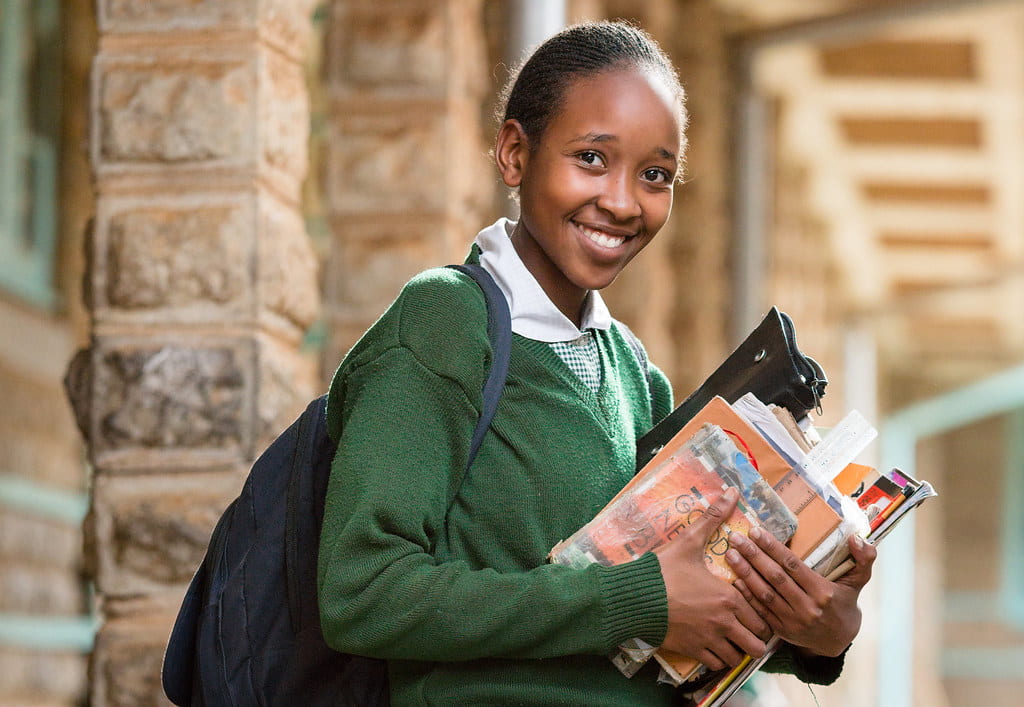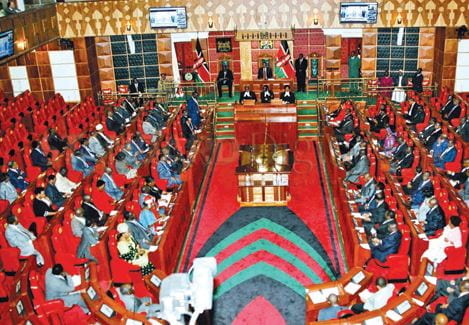By Grace Ndanu

Poverty is a deeply rooted issue that affects countless individuals and communities around the world. In Kenya, it is no different. Despite its natural beauty and richness, Kenya faces significant challenges when it comes to poverty, particularly among vulnerable communities.
The high living standards brought by the new government of Kenya make the poverty issue more pressing. Everything is doubled. Tax is doubled, food is doubled, oil is doubled, women’s products price is now double the initial price.

One issue arising from poverty is limited access to basic necessities such as food, clean water, and health care. According to a United Nations Development Program report, approximately 36% of Kenyans live below the national poverty line. This means that millions of people struggle to afford even one meal a day, leading to malnutrition and adverse health conditions. Additionally, a lack of access to clean water and proper sanitation facilities further intensifies the spread of diseases, resulting in a higher mortality rate.

Another consequence of poverty is the limited educational opportunities available to children coming from disadvantaged backgrounds. Before the current government, a normal student at the university level was paying approximately 38 thousand Kenyan Shilling per year. Today the student pays 122 thousand Kenyan Shillings per year. Many families cannot afford to send their children to school due to financial constraints, resulting in a significant number of young individuals being deprived of basic education. The lack of education perpetuates the cycle of poverty, as individuals without the necessary skills and knowledge struggle to find stable employment opportunities.
The impact of poverty is also evident in the housing conditions experienced by vulnerable communities in Kenya. Slums and informal settlements are common in urban areas, where individuals live in makeshift shelters with little to no access to basic amenities. Unsanitary living conditions in these areas increase health risks and disease vulnerability.

These challenges are not insurmountable, however. It’s important to note that while these issues persist, there are numerous organizations, both local and international working alongside the government of Kenya to tackle these issues and improve the overall well-being of the Kenyan people. Efforts such as community-based programs, microfinance initiatives, and educational campaigns have shown promising results in uplifting vulnerable communities and breaking the cycle of poverty.
To bring about lasting change, it is crucial for individuals, governments, and organizations to come together and address the root causes of poverty in Kenya. This includes investing in sustainable agriculture practices, promoting entrepreneurship and job creation, improving access to quality education, and providing support for health care and social welfare systems.

In conclusion, poverty remains a critical issue in Kenyan society, affecting vulnerable communities in various aspects of their lives. By understanding the impact of poverty and actively working towards its eradication, we can create a brighter future for all Kenyans.

Published by